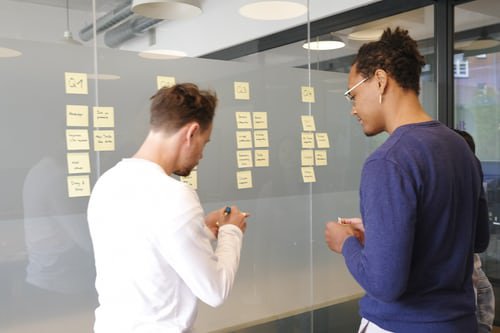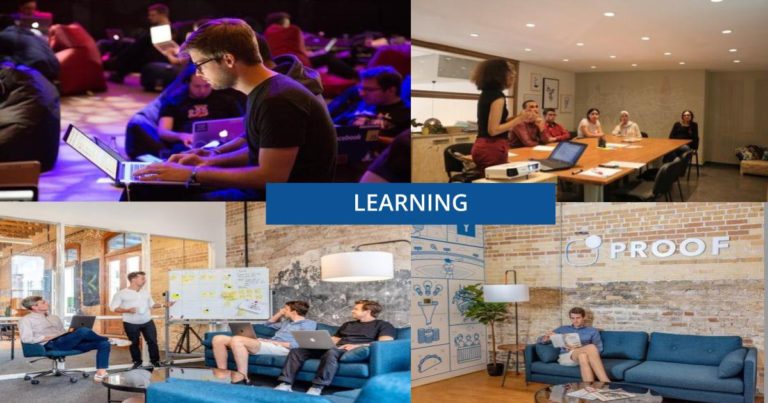What is the role of Coaching in the sphere of Human Resources? Is coaching a responsibility of HR or of the specific department head? Obviously key questions that will have to be answered.
While coaching is a general form of providing assistance for those who need it to help them focus on the development of specific skills of an individual. This could range from time management, prioritisation, organisational skills etc. Normally after an official training programme, some of the participants may need particular guidance in certain areas and an arrangement could be made to provide that assistance by way of a coach. This coach could be a department head or someone in the learning and development department or even an HR professional. The choice of the coach would be based on who is best suited with those skills to assist. HR professional normally would provide coaching in the areas of interviewing skills, particularly in behavioural interviewing or in any areas of assessments. This is primarily because a coach by way of their position does have authority and the necessary skills and can set the agenda.
Whatever the topic, what skills do an effective coach need to possess to be successful?
Firstly, he or she would need to have, as mentioned earlier, need to have the necessary skills and experience in the topic at hand. This is extremely essential to make sure that the person can be respected and believed. Secondly, the coach need to have a certain acceptance within the organisation and the topic in question, which will allow the coach to be trusted. Thirdly, the coach need to demonstrate a level competence by way of experience, so that the person who is being coached will have the confidence that they will be learning and developing skills that they did not possess previously. Last but not least, a coach should have the required emotional intelligence to be able to relate to people in general to listen and understand their needs to assist them to learn effectively.
Its not uncommon in many organisations, where there are very competent technical specialists, but they may not, necessarily, have the required ability to listen and understand the needs of the person and then translate the information and skills in a manner that will be comprehensible to the person to be coached.
HR can play a pivotal role in selecting coaches and training these selected individuals in these areas of transfer of knowledge and skills.


